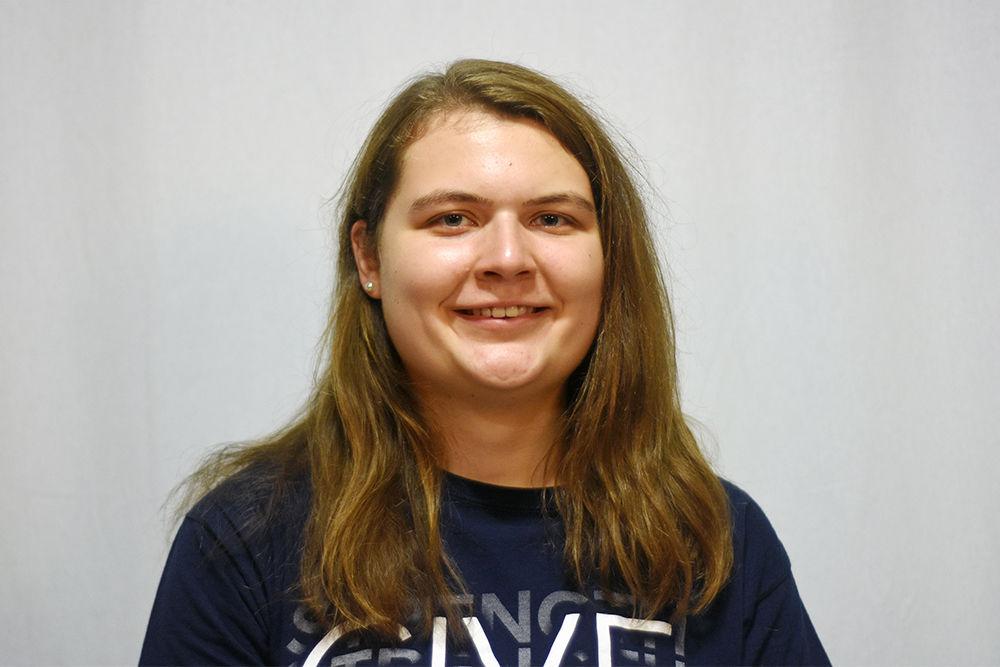Recently, I was having a really bad day — the kind of day that made me want to go back into my apartment, pull the covers over my head and not talk to anyone for several days. My laptop wasn’t working, I had left my umbrella at home during a storm, and an assignment I thought was due the next week was actually due the next day. As I was speed-walking across campus in the rain to get to my next class on time, I tried to figure out how I was going to write a five-page paper in addition to work and all the homework I had by the next morning.
Amid my frustration, I remembered something another student had said the week before which had completely shifted my perspective. I recently joined a book club on campus, and in the first meeting, we talked about identities. We all listed some of our privileges, both inherent and non-inherent. Someone in my group mentioned “an access to education” as one of her privileged identities, and I was intrigued, this was not something I had really thought about before.
Although I’ve always considered myself lucky to have a college education, I’ve never really thought about education in terms of privilege. But it’s true, I am extremely lucky. Although colleges have made substantial efforts in recent years to accept more low-income and first-generation students, the reality is that for a substantial number of people in the United States, especially those from working-class backgrounds, college is often unattainable.
And for those who do make it to college, the path to getting a degree is still incredibly difficult, largely due to rising tuition rates and costs of textbooks, which often coincide with food and housing insecurity. According to a poll conducted by a group of NC State professors in 2017, 14% of students have experienced low or very low food security, and 9.6% have experienced homelessness. I remember the first time I heard these statistics, I felt very sad, as well as guilty for all of the times I’ve complained. Even though I don’t come from a wealthy family, I am lucky enough that I always have a place to stay if I need to, and I can always rely on my family for help.
When I started examining my own privilege, I realized just how lucky I am. Not only am I able to go to school full-time and have my tuition covered by grants and scholarships, but I have a nice apartment in a convenient location, and I never have to worry about where my next meal is coming from.
Initially, reading the statistics about hunger and homelessness made me feel incredibly guilty, especially considering how many times I’ve complained about things that, in the grand scheme of things, really didn’t matter. However, my perspective has started to shift. Instead of focusing on my own personal guilt, I believe it’s more effective to focus on making concrete, lasting change, and the first step is acknowledging my own privilege.
Now when I experience everyday stressors — whether that is being late for class because the Wolfline made an extra stop, not being able to find a seat in Talley, or when the elevators take several minutes to go down one floor — I try to step back, take a deep breath, and remind myself how lucky I am to be here. Yes, college is not perfect, and yes, it is easy to become frustrated when things don’t go my way, whether that is speed-walking across campus and still being late to class or squeaking across the floor in damp shoes after an unexpected downpour. However, right now I am safe, I have food and shelter, and since I have become increasingly aware of the role privilege plays in my life, hopefully I can find a way to use it for good.














